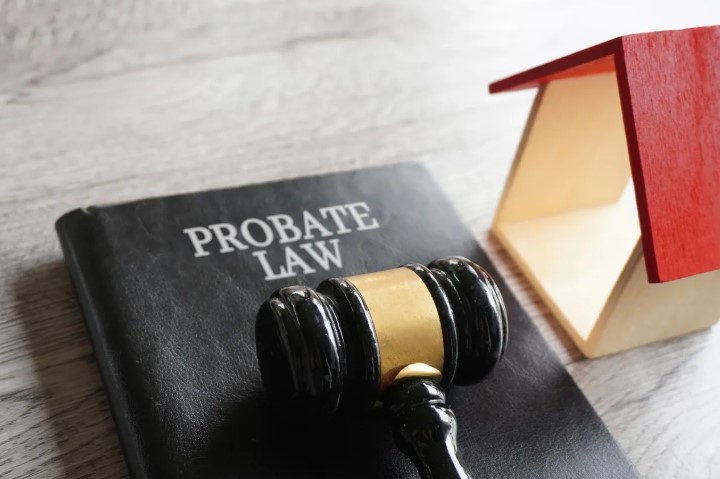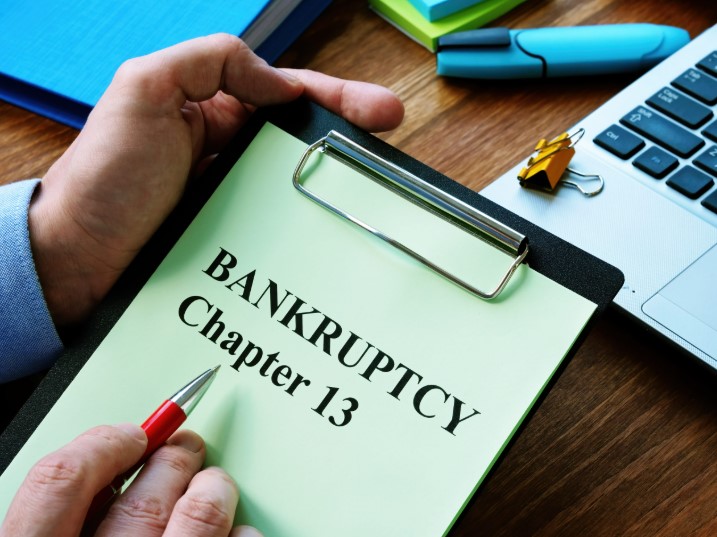
Director Duties and Responsibilities When Facing Insolvency
If a company is facing financial trouble, directors should seek advice early on from expert solicitors such as Darwin Gray. This could be regarding what the insolvency of the company will mean for them and what personal liabilities they may face as a result of it, so they can protect themselves as much as possible.
Directors of insolvent companies in England and Wales have a different set of challenges and responsibilities to directors of solvent companies. When a company becomes insolvent, meaning it can’t pay its debts as they fall due or its liabilities exceed its assets, directors have to navigate complex legal and ethical issues whilst fulfilling their duties to the company and its stakeholders.
One of the main duties of directors of insolvent companies is to act in the best interests of creditors. Unlike directors of solvent companies whose main duty is to promote the success of the company for the benefit of the shareholders, directors of insolvent companies must put the interests of creditors first. This change of focus reflects the dire state of the company and the need to get the best return for creditors who are at risk of losing out because of the company’s insolvency.
Directors of insolvent companies must also take immediate steps to limit losses and protect creditors. This may involve seeking advice from insolvency practitioners or restructuring specialists to review the company’s financial situation and explore options to restructure or wind up the company in an orderly way.
When a company becomes insolvent, directors must be careful not to trade the company’s business. Wrongful trading occurs when directors continue to trade the company’s business whilst knowing, or ought to have known, that there is no reasonable prospect of avoiding insolvent liquidation. Directors found guilty of wrongful trading may be held personally liable for the company’s debts incurred during the period of wrongful trading and disqualified from acting as a director in the future.
In addition to avoiding wrongful trading, directors of insolvent companies must also be aware of their duty to act with due care, skill and diligence. This means making informed decisions based on accurate financial information, seeking professional advice when needed and documenting their decision making to show they are complying with their duties.
Directors of insolvent companies must also cooperate fully with insolvency practitioners appointed to deal with the company’s affairs. This may involve providing access to company records, attending creditor meetings and assisting with the realisation of company assets for the benefit of creditors.
In some cases, directors of insolvent companies may be personally liable for the company’s debts. For example, if directors have given personal guarantees to creditors or have engaged in fraudulent or wrongful conduct that has contributed to the company’s insolvency, they may be held personally liable for the company’s debts.
Despite the difficulties and risks of insolvency, directors of insolvent companies have a legal duty to continue to act to the best of their ability. This means acting honestly and responsibly, putting creditors first and complying with their legal and fiduciary duties as directors.
In summary, directors of insolvent companies in England and Wales have a tough and complex set of challenges. They must navigate legal and ethical issues whilst fulfilling their duties to the company and its stakeholders, particularly creditors. By being sensible, seeking professional advice and cooperating with insolvency practitioners’ directors can limit the risks and get the company’s financial situation sorted.




